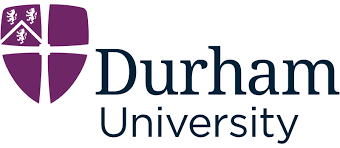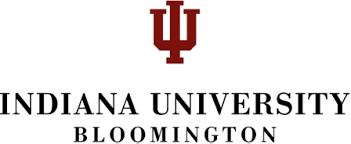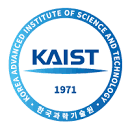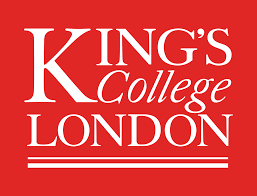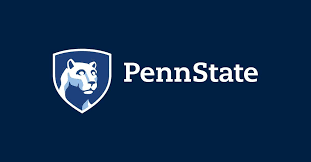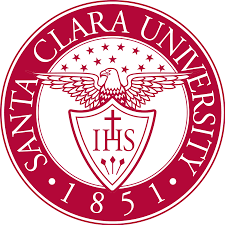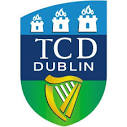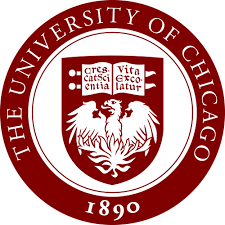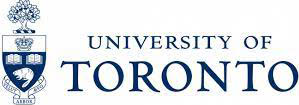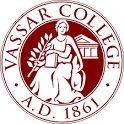
From graduation speakers and political activists to TEDx and YouTube stars, amazing thinkers and leaders have developed the capacity to share their ideas in compelling and captivating ways. These powerful orators also have a highly developed capacity to reason with convincing evidence, after examining an issue from every possible perspective. While all ISP students develop these competencies, we want to give a special shout out to those who have gone above and beyond in these areas by engaging in the Speech & Debate activity. And let’s also recognize the added challenge and courage they displayed this year in joining the tournaments online.

Last weekend, participating in the MS 2021 CEESA Speech & Debate tournament, a number of ISP Middle School students were rewarded for their hard work and persistence. Please read about and listen to some of the highlights below as we celebrate the culmination of their extraordinary efforts. We also extend a special thanks to Mr. Fisher & Mr. Hayes for their dedicated coaching of these learners over the past several months.
“For those who commit to speech and debate, it offers a lifetime of benefits. Forbes published an article titled “How to Find the Millennials Who Will Lead Your Company,” suggesting that the leaders of the future are ex-debaters. As that article notes, debate teaches “how to persuade, how to present clearly, and how to connect with an audience,” exactly the skills businesses look for in their young employees. You’ll find ex-debaters in every area of life from Oprah Winfrey to Nelson Mandela.” – Stanford University National Forensic Institute
Speech

Speech involves individual events, and yet Distance Learning revealed just how much the teamwork actually comes into play. Without the ability to meet with other teammates in person, students missed out on some of the critical organic parts of the experience: frequent peer feedback, inspiration from hearing the work and choices of others, opportunities to learn by give guidance to their friends… of course some of this could be done through Zoom, and it was, but it’s logistically harder and not as natural.
In addition, we know the other consequences that often hit all of us while functioning remotely: lack of motivation, difficulty with focus and concentration, and the strange slippage of time! That said, the five students who participated in the CEESA Speech events really found the necessary motivation to write and deliver great speeches and/or practiced the skills of impromptu speaking. In addition, connection was made with Upper Schoolers (Rebecca and Lexi) who offered expert feedback to Advieek as he prepared for his finals.
These events can be so terrifying and challenging in the best of circumstances, so Coach Fisher really applauds all of our participants for their courage, hard work, and success!

Please take a few minutes to listen to Advieek’s Original Oratory (OO), a satirical speech entitled “Why Children are a Waste of Money,” which earned a second place in the tournament. An OO is an original speech written by the speaker (max 6 minutes) who develops a topic with a clear focus. The speech is judged equally on both its content and the speaker’s delivery. Advieek chose this topic because he thought it would be funny and ironic coming from a child. He had a written speech but since he knew the material so well he was then able to improvise a bit when delivering it live online, making the speech sound less forced. Moving forward in public speaking, Advieek will make sure he knows his material well and looks at the audience with confidence. His advice to others is “make your speech interesting to the listener. . . always keep the listener focused on you.”
Debate
The timely and relevant debate topic this year was “Be it resolved that democratic governments have the right to impose limits on personal liberties during a pandemic.” Teams had to debate both the affirmative and the negative sides of this issue during the four rounds of the tournament. Debaters were judged in the following five areas:
- Organization of Ideas and Strength of Arguments
- Quality of the Evidence and Effectiveness of the Rebuttal
- Clash to get at the heart of the debate and effectively cross examine
- Excellent teamwork and quality presentation with debate etiquette
- Use of time and audience engagement
Exceptionally this year, all the semi-finalists and finalists in the CEESA Debate tournament were ISP debaters. Entering the final round were ISP students Pia, Karl, Tera and Izzy, a well deserved recognition of their highly developed debating skills.
Pia

Pia enjoys the challenge of attacking the opponents’ points and outwitting their reasoning. She recognizes the power of being well informed about a wide range of issues and angles in order to be prepared for whatever the opponent might say. Pia has become more confident in speaking and engaging in constructive arguments with friends and family. A real challenge of debate, Pia shared, was to listen closely and then quickly frame the cross examination and/or rebuttal. See Pia’s rebuttal here and her closing speech here.
Karl

Karl enjoys researching serious issues and cross examining his opponents. He flags the importance of figuring out what angle you want to take and then be able to stick with it throughout the debate or, if needed, change the angle based on what the opposition is saying. Karl recognizes that there are many perspectives on most issues with varied solutions, each having its own benefits. Karl’s next step as a debater is to find ways to bring statistics alive and sound more like a story. See Karl’s First Affirmative Introduction Speech here and his Closing Speech here.
An advantage for the debaters this year, according to Coach Hayes, was that the tournament was set at a later date, giving more time for practice rounds and research before beginning the tournament. What he found most impressive about these debaters was how they went beyond their set speeches, listening closely to the opponents and artfully picking apart the arguments during their rebuttals.
Second Place: Tera and Izzy held their own throughout the tournament, ending up in second place after the final debate against Karl and Pia. Please listen to the highlights of their final debate and their reflections about what they enjoy, what they’ve learned and the next steps in their journey as debaters.
Tera

A naturally competitive person, Tera enjoys the argumentation of a debate and understanding her opponents’ perspective. She has learned to present clearly and in a more logical manner. She recognizes that even if the opposition says something shocking, you need to keep a calm demeanor. Planning on becoming a lawyer, the critical thinking of debate is a great foundation for her. More comfortable expressing her opinion, Tera will use the communication skills she’s developed to speak publicly. See Tera’s Negative Motion Opening Speech here and her Closing Speech here.
Izzy

Izzy has enjoyed researching a variety of topics. For all debaters, a challenge is to look at an issue from different angles, see it through others’ eyes or viewpoints. Izzy feels she has developed her capacity for thinking quickly in order to attack someone’s opinion and take apart the opponent’s speech during the rebuttal. She appreciates how professional and independent they’ve become even though they are only in Middle School. Izzy’s next step as a debater is to find ways to construct more of an impactful speech within the given time limits. See Izzy’s First Negative Constructive Speech here and her Second here.
Those of us in the audience agreed that this was one of the strongest final debates we’ve seen in years. These fine ISP debaters, researchers, thinkers and communicators illustrate how powerful learning happens when you persist with relevant and rich challenges. Congratulations to the Speech & Debate participants and coaches for the dedicated preparation that led to such an outstanding final performance.



